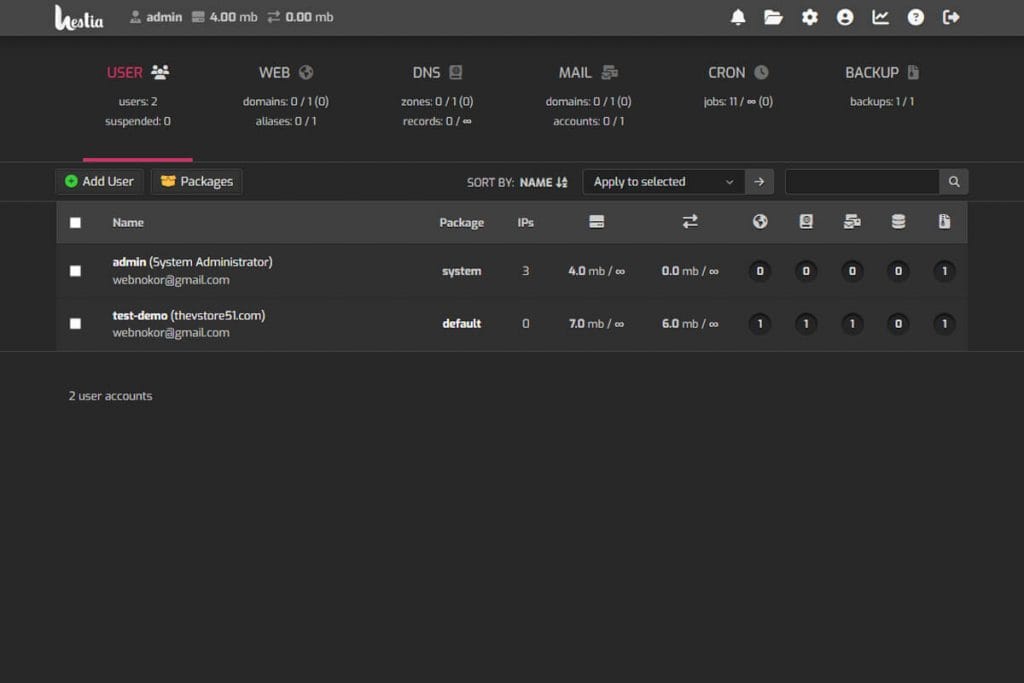The best soft skills to have as a developer

To be a successful software developer, technical skills are not the only thing that matters.
To be truly successful in this field, you also need to have strong soft skills.
In this article, we’ll take a look at the top 8 soft skills that make a successful software developer.
1. Communication
Communication is the most important soft skill in software development because we often have to work with incomplete or ambiguous information.
We need to communicate with other developers, team members, and clients to get clarification or more information.
2. Decision-making
Decision-making is the ability to decide quickly and effectively.In software development, we often need to decide on incomplete information.
We need to weigh the pros and cons of each option and decide. It applies to big decisions, for example, should we use React or Vue for the frontend? But it also applies to everyday decisions, like which task should I work on next?
The ability to decide quickly and effectively is a valuable skill because it can save time and help you avoid getting bogged down in analysis paralysis.
A Microsoft survey of 1926 software engineers found that besides having book knowledge, brilliant engineers understand how decisions play out in real-world conditions.
In addition, they believed that decision-making skills could be learned, unlike personality traits.
3. Teamwork
4. Accountability
Accountability is the willingness to accept responsibility for your actions. When you make a mistake, it’s important to take ownership of it and learn from it. The Five Dysfunctions of a Team book cover
In his bestselling book, The Five Dysfunctions of a Team, Patrick Lencioni described the dangers that can lead to a team’s failure. One of these dangers is the avoidance of accountability.
People who are not accountable often blame others for their mistakes or try to sweep them under the rug. This creates an air of mistrust and makes it difficult to work with them. Being accountable also means being reliable and following through on your commitments. Your team members should be able to count on you to do what you say you’re going to do.
5. Adaptability
Adaptability is the ability to adjust to new situations and change. Software development is full of unknown unknowns. Things that we don’t know, that we don’t know. Adaptability includes stress management. When things don’t go as planned, it’s important to keep a cool head and not let the stress get to you.
It also includes being able to learn new things quickly. As the software engineering field grows, we need to pick up new skills and knowledge rapidly. Another important aspect of adaptability is being able to deal with uncertainty in people and situations.
6. Problem-solving
Problem-solving is the ability to solve problems and is one of the most important skills a software developer can have. As developers, we constantly solve problems, whether it’s a bug that needs to be fixed or a new feature that needs to be implemented.
Problem-solving is a mix of soft skills and hard skills because you need to have the technical knowledge to understand the problem and be able to come up with a solution. But you also need to have the soft skills to have the right mental attitude and approach to solving the problem.
7. Reliability
Reliability is the ability to be depended on. Reliability is important in software development because our team members need to count on us.
Being reliable means being punctual, consistent, and dependable. It also means having the integrity to do the right thing, even when no one is watching.
8. Creativity
Creativity is the ability to come up with new and innovative solutions. In software development, there are often multiple ways to solve a problem. The best solution is not always obvious.
Creativity also includes stepping outside of the box and thinking outside of the obvious solutions. For example, when you’re tasked with creating a new feature, you need to be creative in how you approach it.
Software engineers are not machines. We’re not just problem-solvers, we’re also creators. Being creative also includes being open to new ideas. Foster a culture of creativity in your team by encouraging people to share their ideas, even if they’re outside of the box.





